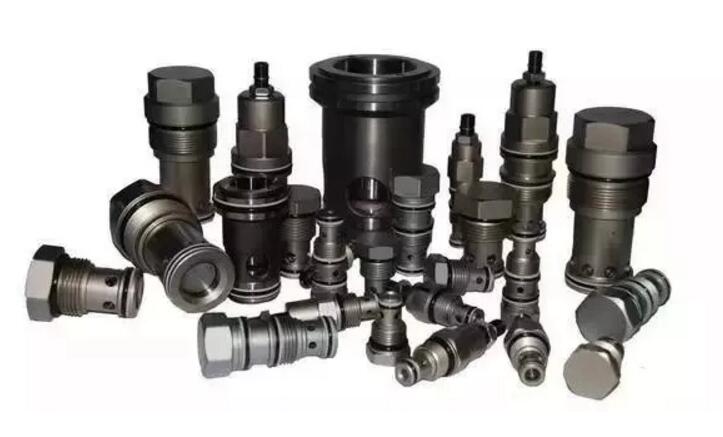 EN
EN  EN
EN  2023-03-14 10:50:54 / Visits: 388
2023-03-14 10:50:54 / Visits: 388

With the widespread application of hydraulic technology in machinery and industry, how to improve the reliability of hydraulic technology is a continuous goal pursued by hydraulic equipment manufacturers. Usually, the entire hydraulic system will stop due to a small malfunction of the hydraulic valve, which can have a significant impact. Today, we have conducted a brief analysis and summary of the causes of hydraulic valve failures, starting from the common faults of hydraulic valves.
1、 Mechanical failure
(1) Wear: Constant friction occurs between the moving pairs of mechanical components such as hydraulic cores, valve sleeves, and valve bodies during use, resulting in changes in the size, shape, and surface quality of the parts and failure.
(2) Fatigue: When working under long-term variable loads, the spring in the hydraulic valve will weaken, and the spring length will be shortened or completely broken due to fatigue; The valve core and valve seat may also rupture, peel off, or be otherwise damaged due to fatigue. All of these may cause the valve to fail.
(3) Deformation: When the residual stress during the machining process and the external load stress during use of hydraulic valve parts exceed the yield strength of the part material, the parts will deform, unable to complete normal functions and fail.
(4) Corrosion: Hydraulic oil contains too much water or acidic substances, and after long-term use, the relevant parts in the hydraulic valve will be corroded, causing it to lose its accuracy and fail.
2. Hydraulic compression
When pressure oil flows through the cylindrical valve core structure of a hydraulic valve, the radial unbalanced force acting on the valve core will jam the valve core, known as "hydraulic compression".
3. Hydraulic impact
The hydraulic system can cause the oil flowing into the system to suddenly change direction or stop flowing due to rapid steering or channel closure, resulting in a sharp increase in pressure, forming a huge pressure peak, known as hydraulic shock.
4. Bubble phenomenon
In hydraulic systems, the phenomenon of bubbles generated due to pressure drops caused by changes in fluid flow is called "liquid bubbles". Vaccination and air erosion can worsen the performance of hydraulic systems and reduce reliability.
Through the above analysis and summary, we can find that the mechanical failures of hydraulic valves are mainly related to daily maintenance and management, in addition to processing and manufacturing factors. Therefore, we should not wait for the abnormal operation of the hydraulic system to attract attention. It is usually necessary to conduct further prediction and preprocessing, regularly maintain the hydraulic system, and eliminate equipment shutdowns caused by hydraulic valve failures in the embryonic state.
